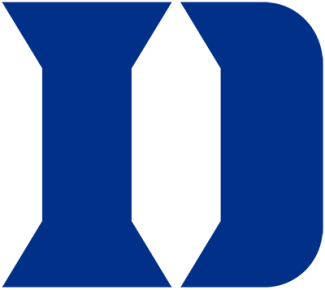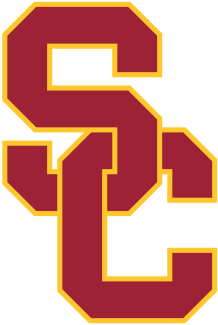Four years ago, Hall sat on the 50-yard line among the nearly 7,000 fans at Gillette Stadium about 25 miles away from the Boston College campus to watch BC play Navy in the program’s first-ever final four.
The Eagles beat the Midshipmen in a 16-15 barnburner that afternoon in 2017, advancing to the NCAA championship game against Maryland. Two days later, BC would keep it closer than most had that season against the undefeated Terrapins, and even though the game ended in a 16-13 loss, it did mark the start of something new in Chestnut Hill.
“There were whispers. ‘Maryland’s going to blow out BC. BC doesn’t have a shot.’ All this stuff. And in the back of my head, I’m like, ‘If they’ve made it this far, and nobody’s really given them credit, there’s belief inside that team. They don’t care if they’re underdogs,’” Hall said. “That was the game where I was like, ‘BC would be my absolute dream school.’”
BC’s Big Three of Apuzzo, Kent and Dempsey Arsenault had helped transform a program that traditionally resided on the outskirts of the ACC — lurking near the fringes of the national rankings, with only two winning records in conference play in 12 years — into one of its steady powers. In 2018, the Eagles finished 22-2 and undefeated in the ACC, advancing to another NCAA final only to lose to James Madison. In 2019, they were back again, with their three stars in their senior seasons. They beat North Carolina in a double-overtime semifinal thriller to set up yet another date in the championship game.
But once again, Boston College was on the losing side of the trophy celebration, as top-seeded Maryland won 12-10. All three of the championship losses had been hard to swallow, but that one was especially acerbic.
“It was my first time, but it was their third time at a national championship, and I think that’s the one that they really thought that they were going to do it,” said attacker Jenn Medjid, a freshman on the 2019 team. “It was tough to pick up the pieces, get back onto the field and gather together as a team. But that’s what we did.”
After three seasons in a row ended with a loss on Memorial Day weekend, Boston College became accustomed to starting each following season fresh and not dwelling on what could’ve been.
“What Acacia, Kayla [Treanor] and Jen [Kent] did a really great job of is each year, when we start in the fall, they’re not talking about the national championship we played in last year,” said Cara Urbank, a fifth-year attacker who was one of three BC players to play in four NCAA finals. “It’s a completely new start, and they want us to figure out who we want to be as a team.”
Even after the departure of Arsenault and Kent — Apuzzo stayed on as a graduate assistant — Walker-Weinstein and her staff still felt like they weren’t far away from a national title. There wasn’t need for a massive reset or a grand restructure, just some sharpening around the edges.
Over the next two years, they paid closer attention to the team’s weight training program, putting a greater emphasis on the fueling and recovery aspects. They shortened practices to maximize player output and dove even deeper into their performance data and analytics studies — for one, measuring how much players were running day to day, week to week, position to position.
The BC coaches had the support and resources of their school behind them, too. The Eagles utilized sports tech and nutritional resources. They started practicing inside the Fish Field House, the school’s $200 million indoor athletic facility. Hockey coach Jerry York, the NCAA’s winningest active coach, advised Walker-Weinstein to trust her process and stay the course.
That path included some unconventional turns. After 2019, BC took to the transfer portal to get a pair of Texas natives in North, then a sophomore at Duke, and Hall at Oregon. This year, they added former UNC sharpshooter Billy Bitter as a volunteer assistant, specifically to fine-tune the team’s goalie play.
“We were this one team in 2019, and we knew we couldn’t be that same exact team in 2020 and 2021,” Apuzzo said. “We were figuring out our identity, and where we wanted to go moving forward.”


























































